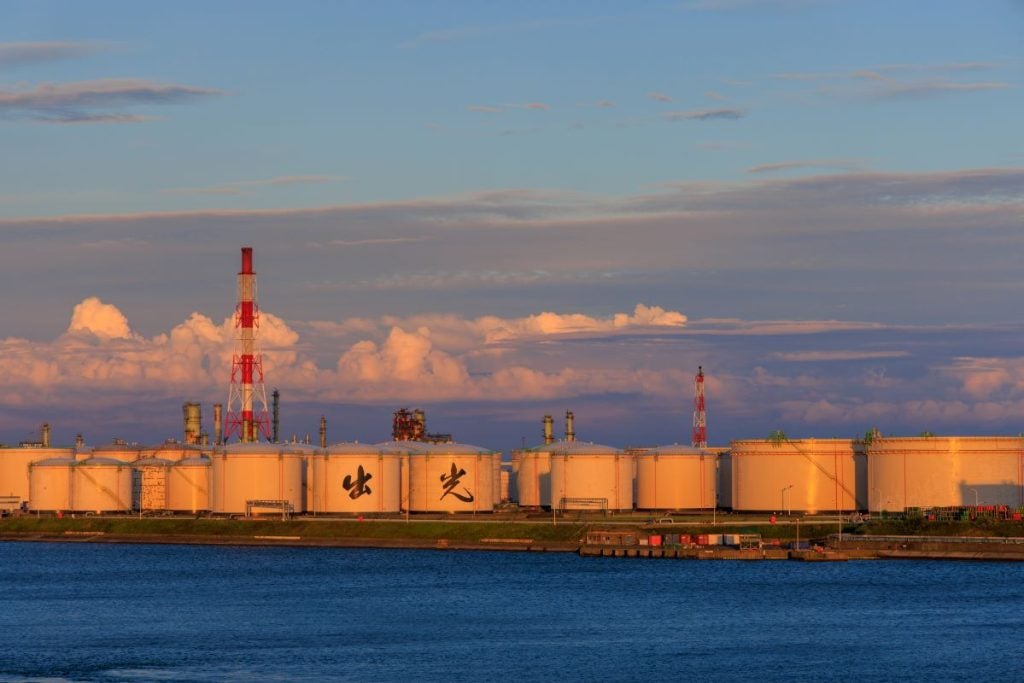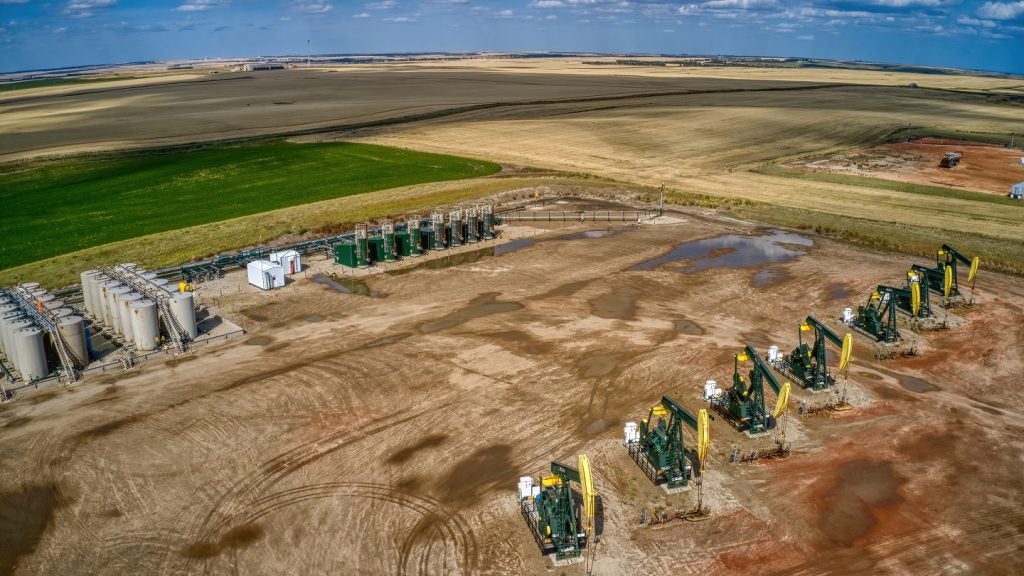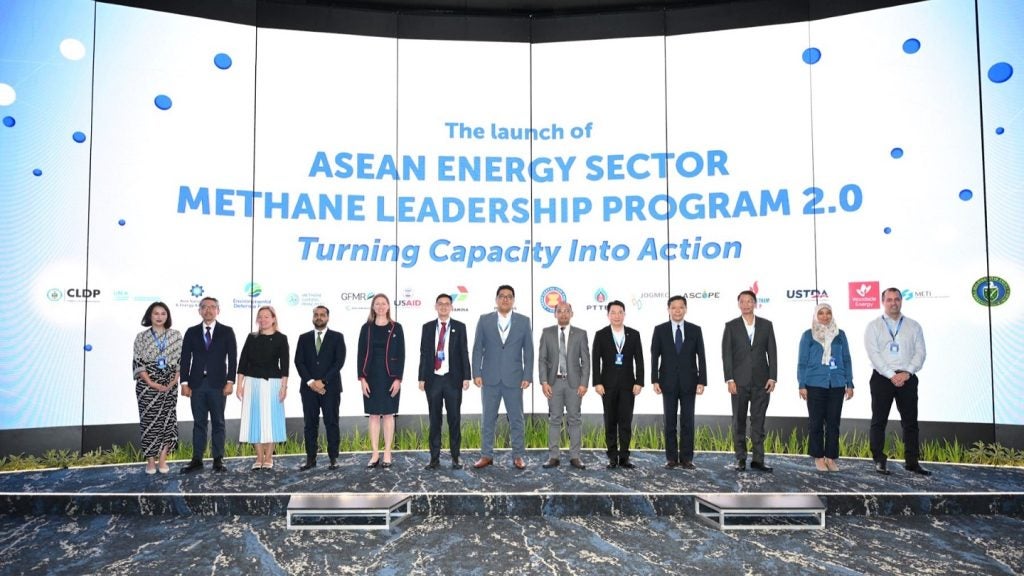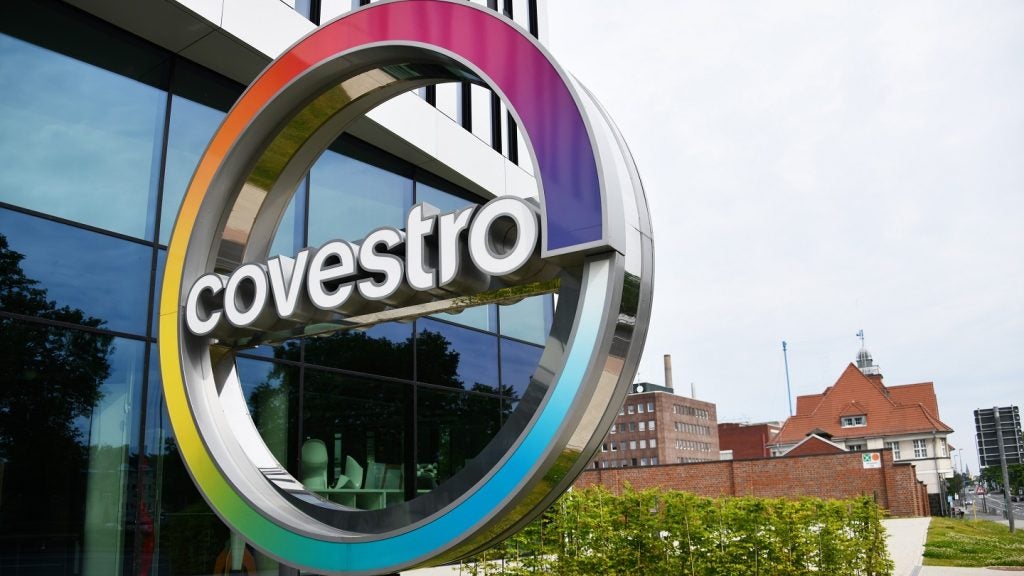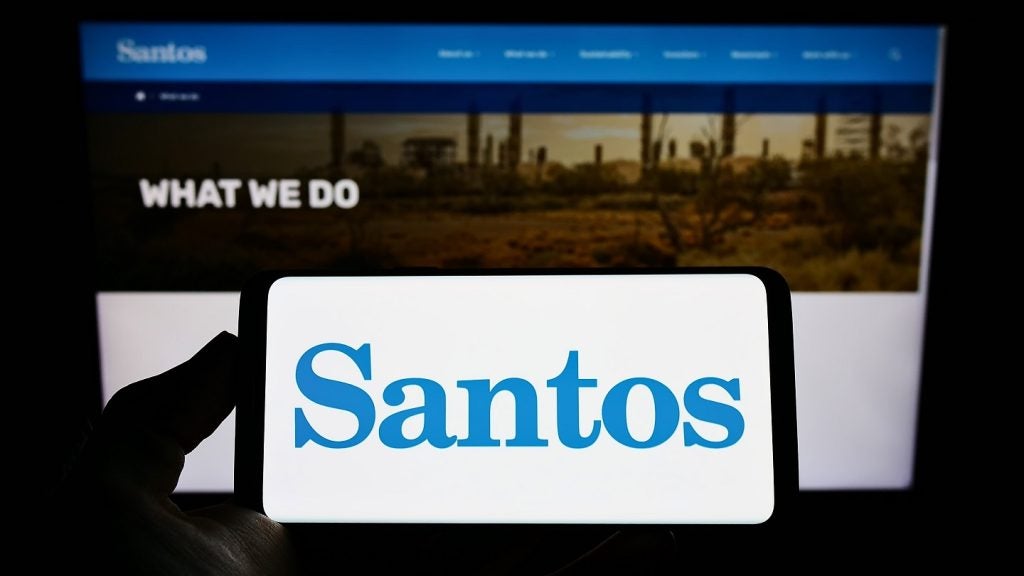Japan’s largest purchasers of LNG are encountering challenges in ensuring supply agreements offer enough flexibility.
As such, the leader of one of the industry's largest lobby groups has stated that buyers require government assistance in negotiating more favourable terms.
Takashi Uchida, the chairman of the Japan Gas Association, said in a recent interview that "destination clauses" – which restrict the resale of shipments – pose difficulties for companies looking to commit to long-term contracts, according to several media reports.
For example, these restrictions are prevalent in agreements with Qatar's state-owned producers as these producers aim to prevent resold gas from impacting demand in other markets.
The industry ministry announced last month that the Japanese Government is exploring options to facilitate companies' entry into long-term purchase agreements for LNG. According to reports, the aim is to ensure a consistent supply of the useful super-chilled fuel.
The Ministry of Economy, Trade and Industry presented potential measures such as providing financial assistance for acquiring storage tanks in Japan and overseas, as well as introducing a new programme to support LNG buyers entering into long-term contracts.
Approximately 30% of Japan's power mix is attributed to gas-fired power generation. As the world's second-largest LNG importer, Japan encountered heightened energy security concerns following Russia's invasion of Ukraine. This resulted in a surge in spot LNG prices and elevated electricity expenses.
In March, Japan's top utilities considered exporting their surplus LNG due to declining domestic demand, potentially competing with global suppliers. The surplus could grow to nearly 12 million tonnes in the coming years.
Japanese contracts without destination restrictions are expected to increase until 2030, providing companies with more flexibility to resell LNG internationally.


